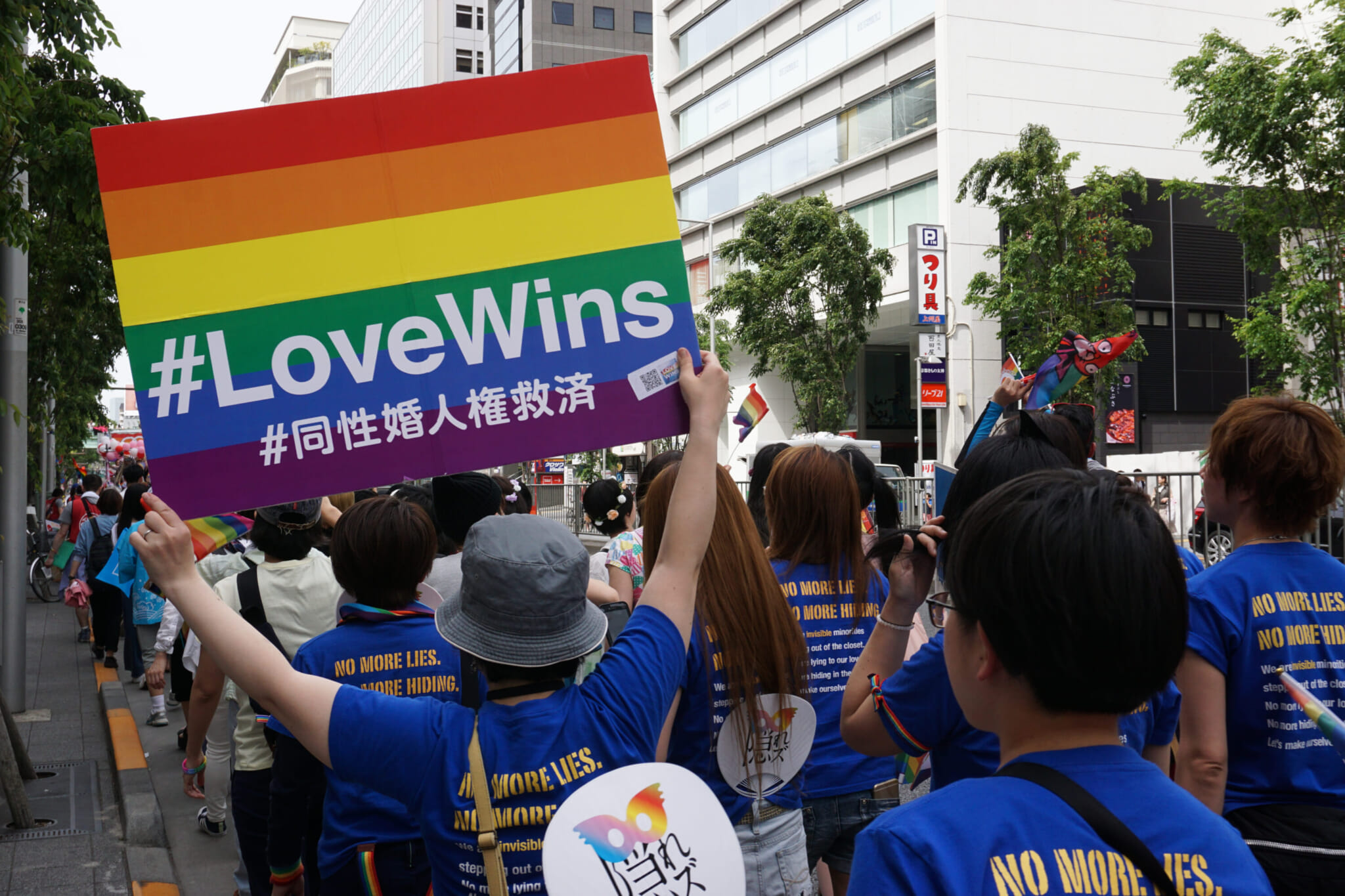Japan is currently the only G7 nation that does not permit same-sex marriage. While 24 prefectures have established a “partnership certification system” providing same-sex couples with limited benefits, marriage is still not officially sanctioned by the state.
However, the vote held on March 14 in Tokyo marked the final of six rulings in Japan’s “Freedom of Marriage for All Campaign.” The Tokyo District Court ruled that the illegality of marriage for same-sex couples is “unconstitutional,” serving as a blockade to the “individual dignity” granted by Article 24.
The Tokyo District Court, among others across the country, has been sued by LGBTQ+ individuals on the grounds that the illegality of same-sex marriage denies individuals the social and legal benefits of marriage, such as the custody of children, residency status and inheritance rights, thus being unconstitutional.
What is the Freedom of Marriage for All Campaign?
Established in 2019, the “Freedom of Marriage for All Campaign” was launched by a group of volunteer lawyers working on the “Freedom of Marriage for All” lawsuit, and other individuals with the aim of promoting same-sex marriage equality. The campaign is based around social education projects and activities, designed to “provide the understanding of sexual minorities.” The organization similarly holds meetings with individual lawmakers to promote this change.
The lawsuit was an effort to have the judiciary declare that the banning of same-sex marriage was unconstitutional. Cases have taken place across the country, from Sapporo in 2021 to Osaka and Tokyo a year later, followed by Nagoya and Fukuoka in 2023.
Where Does Japan Stand on LGBTQ+ Rights?
While the Tokyo District Court found the illegality of same-sex marriage to be a hindrance to “individual dignity,” the judge disagreed that this lack of marriage quality is at odds with “equality,” as defined by Article 14 of the constitution.
The verdict was reached in consideration of the fact that “public understanding” of LGBTQ+ rights was not yet sufficient to consider that the denial of same-sex marriage should be deemed as a matter of inequality. However, this judgment arguably sits at odds with the opinion of the wider public. According to a 2023 Kyodo News poll, 64% of the country believe that same-sex marriage should be permitted in Japan.
The problem, it seems, lies with Japan’s political leaders. According to Marriage for All Japan, only 11% of the ruling Liberal Democratic Party (LDP) support marriage equality. Prime Minister Fumio Kishida has also remained non-committal on the subject, despite increasing pressure both at home and abroad, including from other G7 nations such as the United States, to catch-up with the diversifying gender policies of other leading nations across the world.
While today’s ruling marks another step taken in Japan’s fight against the discrimination of sexual minorities, there is a necessary leap to be taken by the country’s political leaders if substantial change is to be seen.









